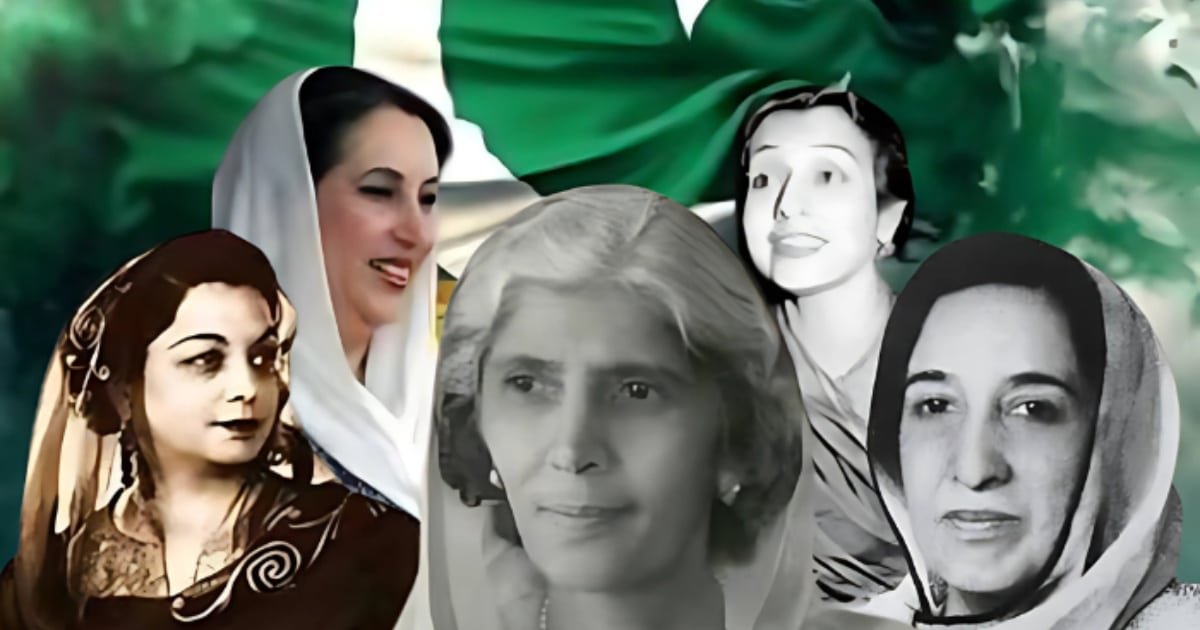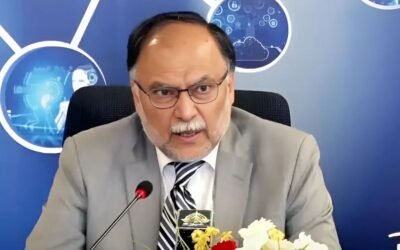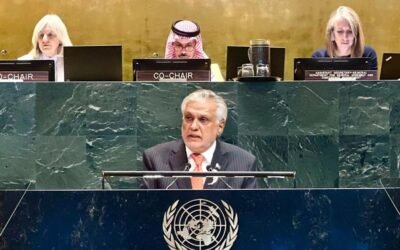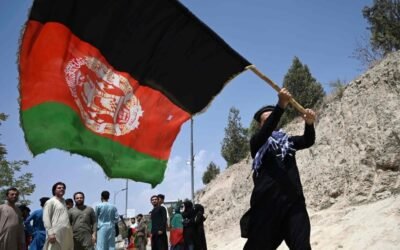Pakistan has witnessed significant female leadership in the past, with figures such as Benazir Bhutto and Hina Rabbani Khar breaking barriers in politics. Despite these achievements, women’s participation in governance and political decision-making remains limited. Cultural barriers, political dynamics, and gender biases continue to hinder women from playing a more active role in Pakistan’s political arena.
The Current State of Women in Politics
Pakistan has witnessed their first woman Prime Minister, Benazir Bhutto, who made history in 1988, although immediately after, the role of women in politics did not experience considerable gains. Although the 18th Amendment to the Constitution created reserved seats for women in the National Assembly, in itself, this has not been sufficient to empower women or create gender equality in governance.
Female politicians are suspect, particularly in male-dominated societies such as Pakistan, where very little role in leadership remains in the hands of women. Women leaders, even prominent women in the political scene, are always in a situation where they need to transcend gender stereotypes and cultural boundaries that undercut their power.
Pakistan’s first female Prime Minister, Foreign Minister, National Assembly Speaker, and Chief Minister. 🇵🇰 pic.twitter.com/vHP21XD0zv
— amsha. (@ohhyesweirdo) August 6, 2025
You May Like To Read: Pakistan Faces Critical Environmental Threat as Forest Cover Falls by 18% Since 1992
Barriers to Female Political Participation
Cultural and Social Barriers
The patriarchal society in Pakistan can disadvantage women in public life. Even participation in local elections is resisted in many rural areas. Women are expected not to participate in politics because of cultural norms and traditional gender roles.
Gender Bias and Political Networks
In politics, gender bias is endemic. The women who do engage in politics also experience a hard time attracting the support and respect of political elites. Pakistan has a male-dominated political system, and women find it difficult to develop the required relationships and friendships when it comes to making it to successful governance.
Lack of Financial Support
Pakistan politics usually demands huge money, and women, particularly those who are disadvantaged, might not get the chance to fundraise or collect supporters. Consequently, political parties are most likely to favour male candidates, arguing that they have superior financial support or Larger political networks.
Empowering Local Women Politicians: Steps to Increase Participation
Local involvement of women in politics plays a very important role in enhancing gender equality in politics. Local politics helps most women gain a foothold in rising in the political ladder. Nevertheless, the government and political parties should direct their attention towards empowering local women politicians.
Increased Representation at the Local Level
Reservation of seats in the local governments by women would encourage their participation and also provide space where they can acquire political experience. Local women needing leadership roles will benefit long-term, since they will be ready to take leadership roles in the higher levels.
Access to Political Training and Capacity Building
Both urban and rural women require political training programs that should impart to them how to manoeuvre the political scene. They may provide programs in communication skills, policy formulation, public speaking and electoral strategies and equip them with what it takes to be an effective politician.
Financial Support for Women Candidates
The absence of financial support is one of the strongest obstacles to female participation in politics. Political parties need to establish funds that are only intended to help female candidates and candidates. This would contribute to levelling the playing field as women without money have an opportunity to access politics.
Mentorship Programs
Mentorship programs in which experienced female politicians could help newcomers might contribute to resolving barriers and building confidence among women. Such a support system may also develop a more confident network of female politicians and help them to find their way in the political world.
Gender-Inclusive Policies: Addressing Women’s Needs through Policy-Making
To realize real gender equality in governance, the government needs to introduce gender gender-inclusive policy that caters to the particular needs of women. The Pakistan policy-making has historically been a male-dominated policy, and most of its policies overlook the distinct problems that women experience in the workforce, education, and healthcare.
Women’s Economic Empowerment
Economic empowerment is one of the main spheres in which gender-inclusive policies can help. The government ought to invest in women’s entrepreneurial initiatives and equal pay laws to create economic equality between men and women.
There is a major disparity between employment and wages in rural regions between men and women. Such measures as women’s participation in the workforce and giving them equal access to resources, both in terms of capital, technology, and training, would help eliminate this disparity.
Policies to Combat Gender-Based Violence
Gender-based violence (GBV) is another important issue where attention must be paid. Pakistan has seen improvement in the enactment of laws to fight GBV but the enforcement of such laws is weak. Improvement in law enforcement and making women feel secure in reporting violence are the most prominent ways to prevent this issue.
The government also needs to be able to support victims of domestic violence better with shelters, legal aids and psychological supports. The accessibility of justice to women is indispensable in enhancing their involvement in governance.
Health and Reproductive Rights
The healthcare and reproductive rights of women are a current concern in Pakistan. They should provide family planning services, maternal care, and mental health solutions to women, especially in the rural communities where there are few or no services available. The national agenda also should include safe abortion services and health education.
Education and Skill Development
It is essential to empower women through education to enhance their governance. Women need to be allowed to get higher education and technical skills so that they can join the employment issue and take part in political governance. There should also be gender-sensitive programs in schools to motivate women to aspire to become leaders.
The Way Forward: A Gender-Equitable Political Future
The political environment in Pakistan is progressing slowly, and there is still a lot to do to pave the way for women in equal political rights. There is still an impediment in cultural norms, politics, and even institutional biases. But women’s political participation and leadership would be boosted by strengthening the local female political leadership and the formulation of gender-inclusive policies.
The possibility of realising a scenario in which women are totally included in decision-making at every level of governance can be realised only when political parties, civil society, and the government itself put a concerted effort. Massive efforts and the creation of an enabling environment in which women have equal access to opportunities can help Pakistan become a more inclusive, progressive, and equitable society.
You May Like To Read: The CPEC Constitutional Mandate: A Debate on the Legal Protection of National Development Projects



























